Praise for Cultivating an Ecological Conscience
For years, Fred Kirschenmann has been an honest, eloquent, intelligent, and urgent voice for putting logical back in technological. This volume represents his accumulated wisdom, gained from his studies, observations of nature, spiritual and philosophical discourses with others, and his deeply rooted connections to the realities of farming. It is truly the work of a fertile mind and rich spirit and serves as a guide for how policy makers should proceed.
Jim Hightower, national radio commentator and editor of the Hightower Lowdown
Fred Kirschenmann is one of the few voices in the sustainability debate offering solutions that are not simply practical, but deeply human. He is that rare birdan advocate for change who has actually practiced what he preaches, who understands why change is so hard (yet so necessary), and who is capable of breaking complex problems down into accessible, solvable challenges.
Paul Roberts, author of The End of Food
Kirschenmann is right up there with the other agronomic philosophersWendell Berry and Wes Jackson. His book is an unfailingly interesting reflection on his own farming experience. It should inspire everyone to start planting and to think deeply about the food we eat.
Marion Nestle, author of Food Politics: How the Food Industry Influences Nutrition and Health and What to Eat
Fred Kirschenmann is a first-team All-Agrarian. His message in this fine collection is both unique and essential for solving what Wes Jackson rightly calls the 10,000-year-old problem of agriculture.
Bill Vitek, coeditor of The Virtues of Ignorance: Complexity, Sustainability, and the Limits of Knowledge
Cultivating an Ecological Conscience
Culture of the Land: A Series in the New Agrarianism
This series is devoted to the exploration and articulation of a new agrarianism that considers the health of habitats and human communities together. It demonstrates how agrarian insights and responsibilities can be worked out in diverse fields of learning and living: history, science, art, politics, economics, literature, philosophy, religion, urban planning, education, and public policy. Agrarianism is a comprehensive worldview that appreciates the intimate and practical connections that exist between humans and the earth. It stands as our most promising alternative to the unsustainable and destructive ways of current global, industrial, and consumer culture.
Series Editor
Norman Wirzba, Duke University, North Carolina
Advisory Board
Wendell Berry, Port Royal, Kentucky
Ellen Davis, Duke University, North Carolina
Patrick Holden, Soil Association, United Kingdom
Wes Jackson, Land Institute, Kansas
Gene Logsdon, Upper Sandusky, Ohio
Bill McKibben, Middlebury College, Vermont
David Orr, Oberlin College, Ohio
Michael Pollan, University of California at Berkeley, California
Jennifer Sahn, Orion Magazine, Massachusetts
Vandana Shiva, Research Foundation for Science, Technology, and Ecology, India Bill Vitek, Clarkson University, New York
CULTIVATING

AN

ECOLOGICAL
CONSCIENCE
Essays from a
Farmer Philosopher
FREDERICK L. KIRSCHENMANN
Edited by Constance L. Falk

Copyright 2010 by The University Press of Kentucky
Scholarly publisher for the Commonwealth, serving Bellarmine University, Berea College, Centre College of Kentucky, Eastern Kentucky University, The Filson Historical Society, Georgetown College, Kentucky Historical Society, Kentucky State University, Morehead State University, Murray State University, Northern Kentucky University, Transylvania University, University of Kentucky, University of Louisville, and Western Kentucky University. All rights reserved.
Editorial and Sales Offices: The University Press of Kentucky
663 South Limestone Street, Lexington, Kentucky 40508-4008
www.kentuckypress.com
14 13 12 11 10 5 4 3 2 1
Library of Congress Cataloging-in-Publication Data
Kirschenmann, Frederick L.
Cultivating an ecological conscience: essays from a farmer philosopher
/ Frederick L. Kirschenmann, edited by Constance L. Falk.
p. cm. (Culture of the land: a series in the new agrarianism)
Includes bibliographical references and index.
ISBN 978-0-8131-2578-7 (hardcover : alk. paper)
1. Sustainable agriculture. 2. Organic farming. 3. Sustainable
living. 4. AgriculturePhilosophy. 5. Human ecologyPhilosophy.
I. Falk, Constance Louise, 1957 II. Title.
S494.5.S86K47 2010
630dc22
2009052092
This book is printed on acid-free recycled paper meeting
the requirements of the American National Standard
for Permanence in Paper for Printed Library Materials.

Manufactured in the United States of America.

| Member of the Association of
American University Presses |
For my mother, whose profound respect for all of Gods creation planted in me the first seeds of appreciation for reverence; and for my father, who first instilled a land ethic into my conscience. This book is also for David Vetter, who showed me the way to appreciate and practice both of these principles on a real farm.
A land ethic, then, reflects the existence of an ecological conscience, and this in turn reflects a conviction of individual responsibility for the health of the land. Health is the capacity of the land for self-renewal. Conservation is our effort to understand and preserve this capacity.
Aldo Leopold, A Sand County Almanac
Let ours be a time remembered for the awakening of a new reverence for life, the firm resolve to achieve sustainability, the quickening of the struggle for justice and peace, and the joyful celebration of life.
Last paragraph of the Earth Charter, available at
www.earthcharter.org
Contents
Acknowledgments
All of my friends and colleagues have, of course, been a vital and integral part of my journey, and without them I doubt I would ever have recognized the richness of my own experience. With respect to this particular collection of essays, I owe a special debt of gratitude to one friend and colleague, without whom the essays would have continued to be separate moments in the journey without any order or symmetry. Dr. Constance Falk, New Mexico State University, took an interest in my work a few years ago and encouraged me to publish it. I remarked that I did not have the time, interest, or skill to perform the monumental task of preparing these essays for publication. Without her enormous contribution of time, this book would never have seen the light of day. Without her skillful editing and arrangement, these essays would have remained disjointed. Readers interested in learning more about unpublished materials referenced in the text can contact me at .
Next page

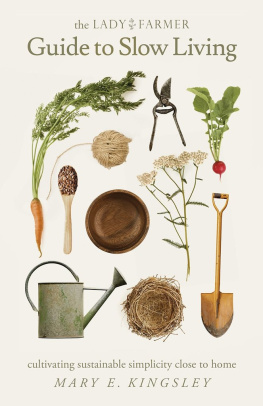
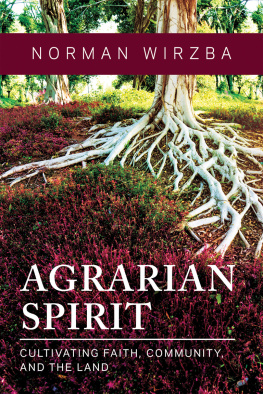
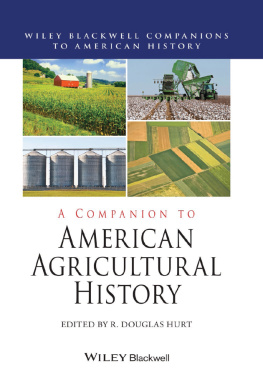
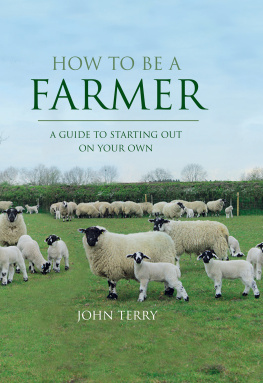
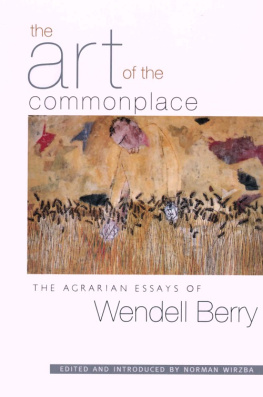
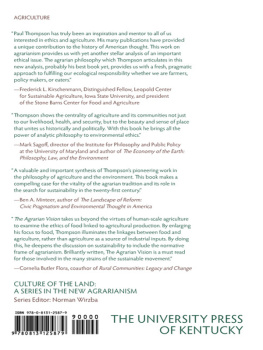
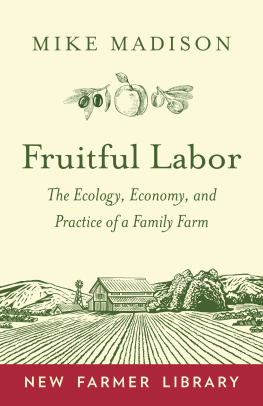
 AN
AN 

